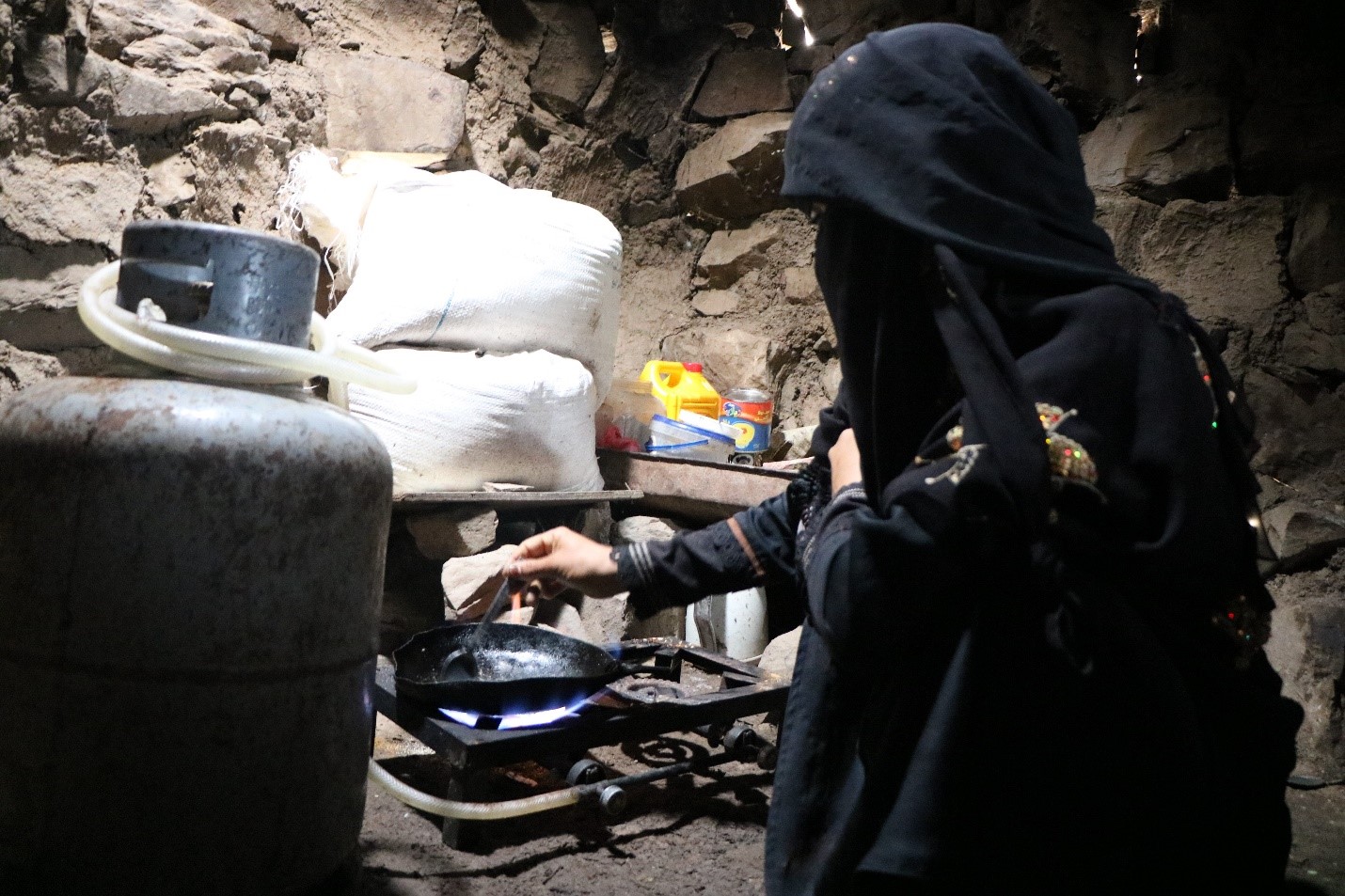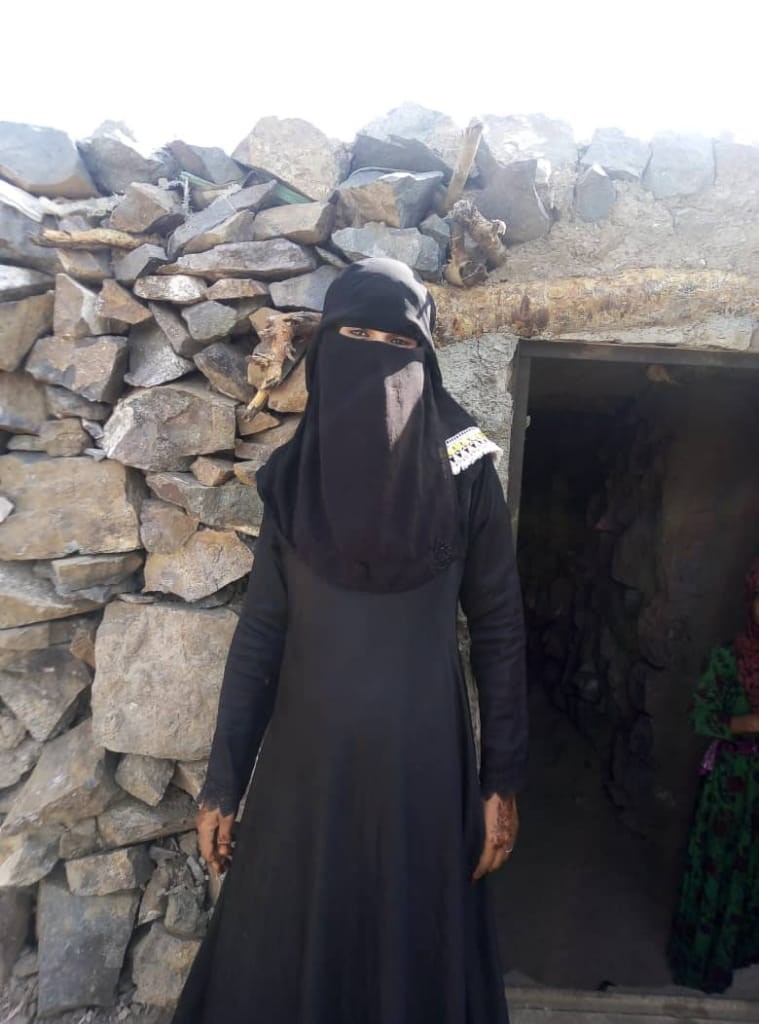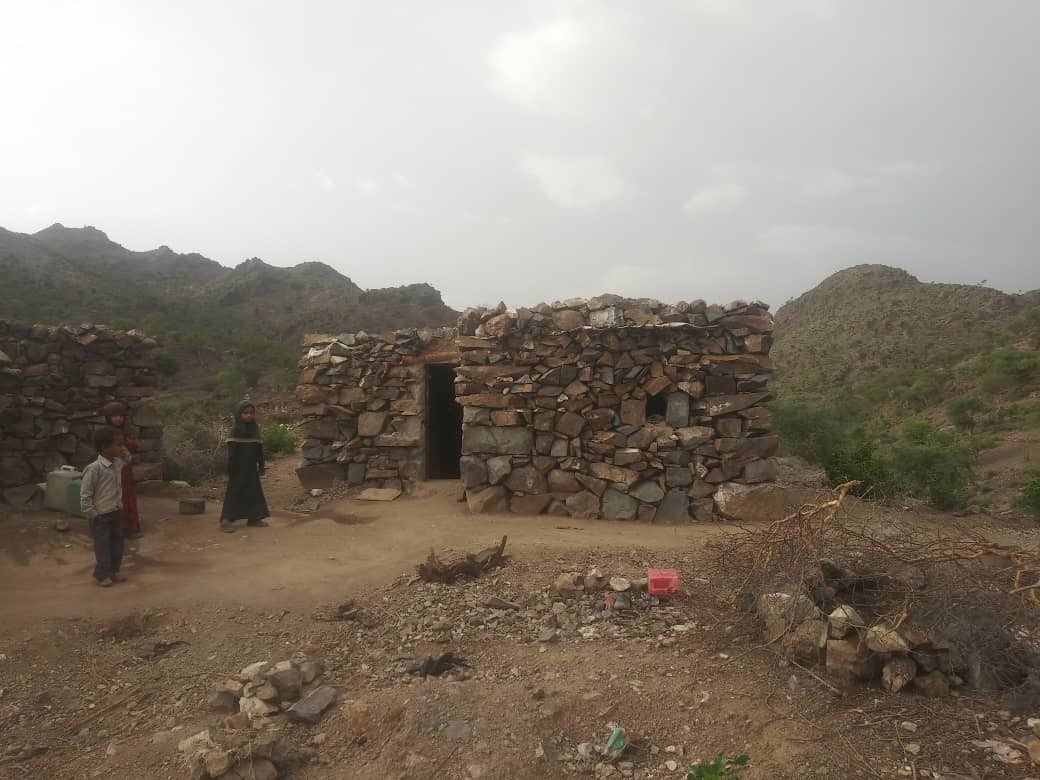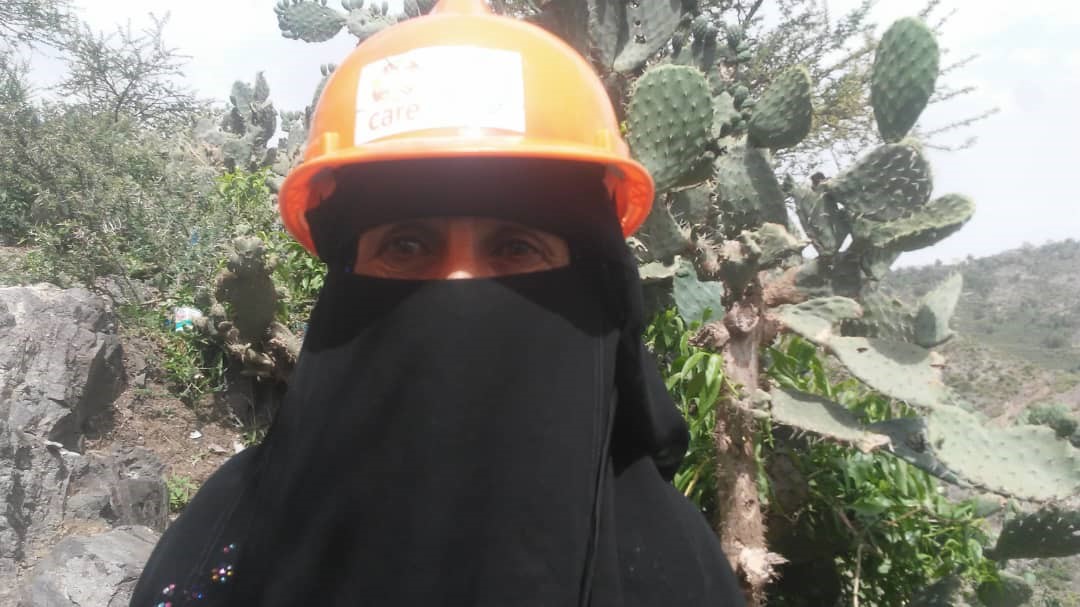Yemen is the world’s worst humanitarian crisis, with 80 percent of the population in need of aid and assistance. The COVID-19 pandemic combined with existing problems caused by continued conflict and collapsing public services has had a disproportionate impact on Yemeni women and girls. More than 3.25 million women in Yemen are facing increased health and protection risks and struggle to access basic health care, including maternal and child health. Food and fuel prices have risen out of the reach of most people, causing acute malnutrition for millions; in particular this affects more than two million children and over one million pregnant and breastfeeding women.
In Yemen, men are usually the breadwinners of a household, and the death of a husband forces a woman to provide income for her family as well as being the primary caregiver – a double burden. Widowed women are often denied their rights to inheritance or property, and the COVID-19 crisis has amplified and deepened the vulnerability of widowed mothers and their children. Isolation compromises the ability of widows to support themselves and their families, bringing further economic hardship to many female-headed households.
CARE helps food-insecure female-headed households in Ibb governorate through cash, vouchers and food.
Dollah is a 50-year-old widowed mother of eight children – four girls and four boys. Shortly after the death of the husband, an influential person in her village tried to take Dollah’s home from her, but she fought until she was able to prove the house belonged to her and her children. Then her eldest son became mentally ill. “When my children get sick,” she says, “I treat them with natural herbs because I don’t have enough money to take them to the hospital.” Dollah considers the food assistance she receives from CARE as a lifeline.







